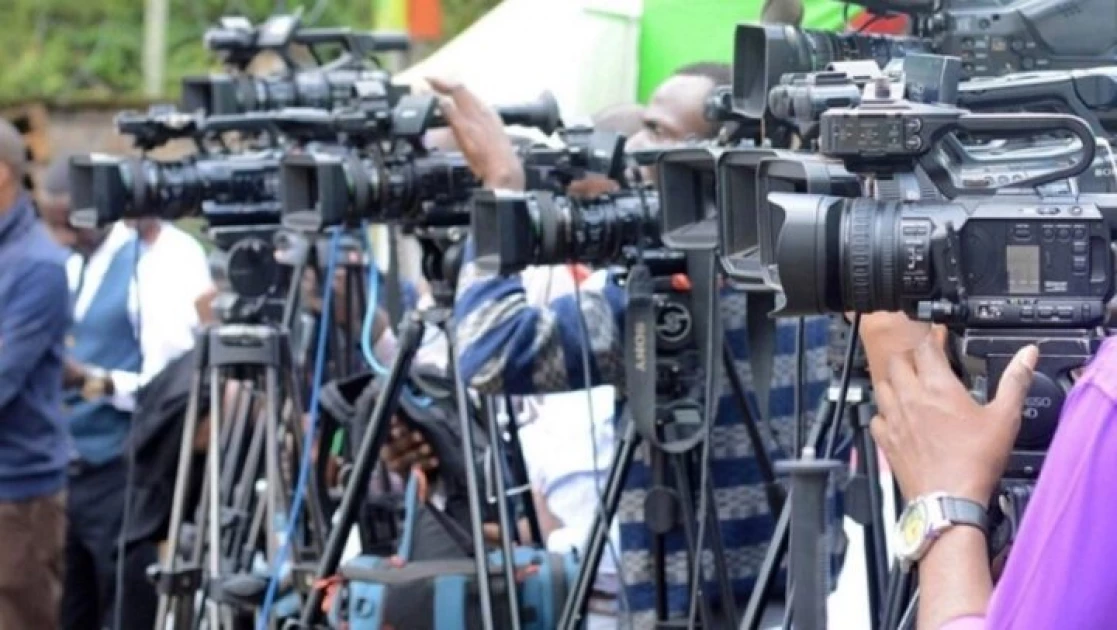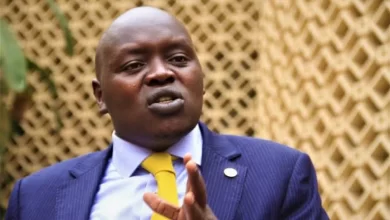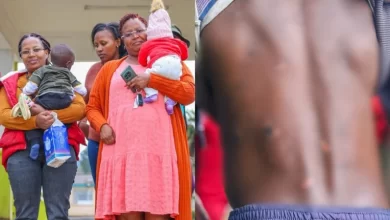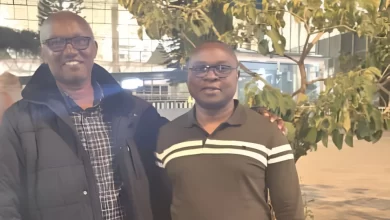Media Coverage Crucial to Advancing Health for Women, Children, and Adolescents PMNCH
Toure noted that consistent coverage of public-health topics not only raises awareness but also mobilizes resources and alters social behavior. She cited the COVID-19 pandemic as an example, where persistent reporting on vaccines and misinformation helped boost vaccine uptake

The Partnership for Maternal, Newborn and Child Health (PMNCH) has called for stronger media engagement in highlighting the health challenges facing women, children, and adolescents, saying that increased coverage can drive policy change, accountability, and equity in global health
According to PMNCH Head of Communications, Kadi Toure, media coverage has a profound influence on how societies think, behave, and act on health issues. She said sustained and evidence-based reporting can shape public understanding, influence government priorities, and help close the gap between what communities experience and what policymakers see
“The stories of women, children, and adolescents remain under-reported, under-funded, and undervalued,” Toure said. “Closing that gap is central to achieving global health equity”
Media as a Driver of Health Action
Toure noted that consistent coverage of public-health topics not only raises awareness but also mobilizes resources and alters social behavior. She cited the COVID-19 pandemic as an example, where persistent reporting on vaccines and misinformation helped boost vaccine uptake
“When media frames maternal deaths or adolescent pregnancies as preventable rather than inevitable, it changes public sentiment and policy response,” she explained. “Visibility drives accountability and accountability saves lives”

Health Issues Remain Underreported
Despite its potential, health coverage continues to occupy a small portion of the news agenda globally. A study of Reuters stories found that less than one percent mentioned diseases or medical conditions, while local news outlets dedicate minimal space to health-related topics.
Toure attributed this to shrinking newsroom budgets, lack of specialization, and misconceptions that audiences are not interested in health reporting. She also warned that normalizing maternal and child deaths has led to reduced public outrage and political urgency
Breaking the Myth That Health Doesn’t Sell
The communication expert dismissed the notion that health stories fail to attract readers, citing Kenya’s Daily Nation 16-page weekly health pull-out, Healthy Nation, which has become one of the publication’s most-read sections
“When told with empathy, relevance, and credible evidence, health stories engage audiences and build trust,” she said
Toure urged media houses to support independent health journalism by providing reporters with resources, training, and editorial freedom to pursue in-depth stories without interference
Also read : Kirinyaga Villagers Cry for Help as Monkey Invasion Wreaks Havoc on Farms and Homes
Access to Data and Transparency
She emphasized the need for open access to accurate and disaggregated health data, noting that journalists often struggle to find reliable information
“Governments and global institutions should treat open health data as a public good,” Toure said. “Transparency allows the media to track progress, expose inequities, and strengthen accountability”
Human-Centered and Ethical Reporting
Toure also called for more ethical storytelling rooted in community voices, urging journalists to balance data with human experiences. “Health reporting should be built on trust, consent, and dignity. People must be portrayed as partners, not props,” she said
Gender Balance in Newsrooms
PMNCH also highlighted gender inequality within the media industry, noting that male editors and voices still dominate global coverage. Toure said female journalists are more likely to focus on education, equity, and healthcare access, and called for gender parity in newsroom leadership to ensure fairer, more inclusive reporting
Collaboration for Long-Term Impact
Toure urged sustained partnerships between journalists, civil society, and health organizations, saying collaboration improves both accuracy and empathy in reporting. “When journalists work closely with technical experts, their stories become not only informative but transformative,” she said
A Call to Action
In her conclusion, Toure reiterated that media has the power to shape the future of health
“Strengthening media coverage isn’t about publicity; it’s about power,” she said. “When journalists are equipped with evidence, ethics, independence, and equality, they don’t just report on health they help create it”
PMNCH continues to work with media partners globally to promote accurate, impactful health journalism that prioritizes the well-being of women, children, and adolescents
Writer : Mweru Mbugua





